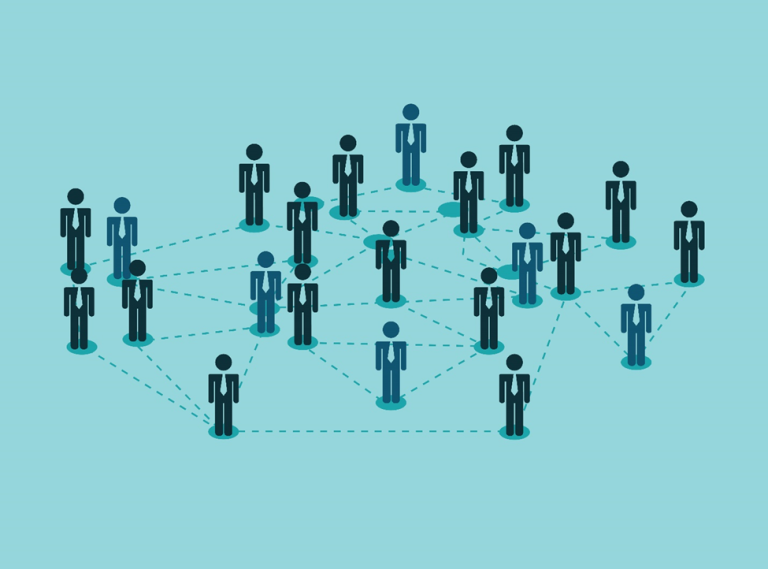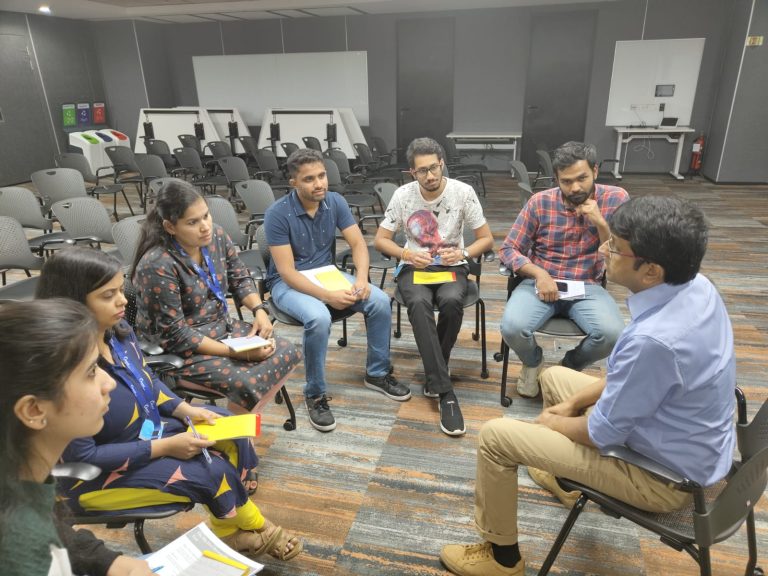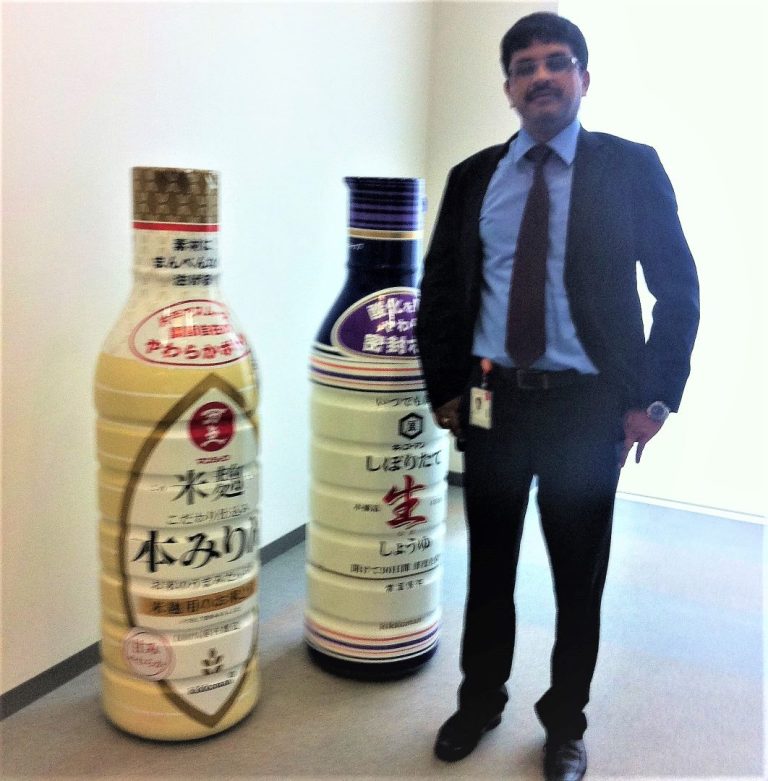The Three Equations for a Happy Life
Covid-19 and the pandemic lockdown forced us into questioning our lives and their source of happiness. It gave us the opportunity to think deeply about our lives, pause, and determine our sources of happiness and our sense of purpose. This article written by Arthur C Brooks talks about the importance of the scientific study of happiness and how it is important alongside accounting, finance, and business administration.
Religion, philosophy, and the arts have long considered happiness a subject suitable for study. e sciences have only recently caught up. When he teaches at Harvard, he mixes science and happiness. “Affect and the Limbic System,” “Neurobiology of Body Language,” “Homeostasis and the Persistence of Subjective Well-Being,” “Oxytocin and Love,” “Acquisition Centrality and Negative Effect,” and “The Hedonic Treadmill” are a few of them.
There are three equations for well-being that would help in managing your happiness.
EQUATION 1: Subjective well – being = Genes + Circumstances + Habits
This is to differentiate happiness from well-being. While happiness is vague, and subjective to individuals, it is used to express a passing good mood to the sense of life whereas, subjective well-being helps us to dig deeper into the specification of what type of happiness. Do you remember filling out surveys where you would pick from not happy, happy, or very happy?
Subjective well-being caters to answer exactly that.
As can be seen, it has three components, the first being genetics. Research shows that happiness is determined by hereditary. The psychologists David Lykken and Auke Tellegen estimate that the genetic component of a person’s well-being is between 44 percent and 52 percent, or roughly half. This was verified by an experiment including identical twins raised apart and tested for subjective well-being as adults.
The next component is your circumstances. This holds nearly 10-40 percent of subjective well-being. Scientists believe that circumstances don’t last long and therefore don’t affect much. For example: Soon enough, even the distress caused by the COVID-19 problem will be in the past.
Humans are adaptive in nature, whatever might be the cause of your happiness or sadness might fade away with time or you might get used to that circumstance. It is the main reason money doesn’t buy happiness.
The last component is a habit that affects long-term well-being unlike the other two and is under our control which can be explained with the help of equation 2.
EQUATION 2: Habits = Faith + Family + Friends + Work
Enduring happiness comes from human relationships, productive work, and the transcendental elements of life. When talking about faith, it doesn’t mean a particular faith. Any faith offering secular life philosophies can help answer life’s deeper questions, transcend a focus on your narrow self-interests to serve others, and provide the happiness edge.
We can choose our family or shape our friends, the best we can do is to cultivate and maintain loving, faithful relationships with other people. One extraordinary 75-year study followed Harvard graduates from 1939 to 1944, into their 90s, and the principal investigator, the psychologist George Vaillant, summarised his findings as: “Happiness is love.”
People who have loving relationships with family and friends thrive; those who don’t, don’t. It might be ironic to few how work decides your happiness quotient. A human always is on the lookout for creating a purpose in life. Individuals generally confuse the source of happiness with what kind of work they do which is wrong. It is actually the sense that a job gives you that you are earning success and serving others which brings happiness.
Equation 2 was quite helpful during pandemic isolation where individuals asked provoking questions about their four parameters to find happiness.
EQUATION 3: Satisfaction = What you have + What you want
Dalai Lama in his book, The Art of Happiness stated, “We need to learn how to want what we have not to have what we want in order to get steady and stable Happiness.” Along the same line quoted the Spanish Catholic saint Josemaría Escrivá, “Don’t forget it: he has most who needs least. Don’t create needs for yourself.”
To simplify, we desperately increase what we have by continuously working and spending and following this vicious cycle again and again to achieve happiness rather than that one should focus on managing his wants. Make an inventory of your worldly desires instead of counting your assets and trying to figure out how to increase them.
Make a wish list, but avoid including pricey purchases and exotic holidays. Make a list of the attachments in your life that you need to let go of, and then devise a strategy to do so. The point is to decrease what you want by trying to be satisfied with what you already have.
A real-life situation that we all just faced was the pandemic in which our expectations were decreasing because of our inability to meet them. Now, all we have to do is find a way to continue doing so even after stepping back into normal life.






